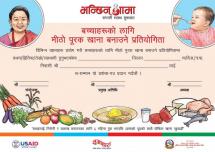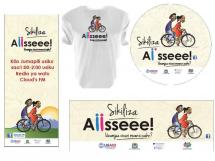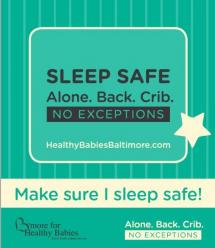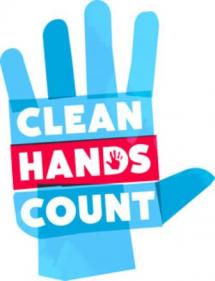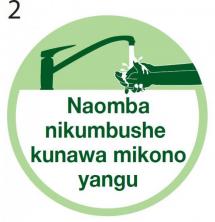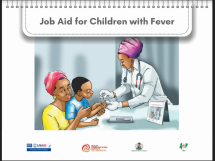Malaria Safe Initiative
These are materials developed for the Malaria Safe campaign in Tanzania.
Malaria Safe is a platform that works with the private sector to prevent and reduce the malaria burden on their employees, businesses, and the country by encouraging companies to invest in educating and protecting their staff, families, and surrounding communities against malaria.
Malaria Safe is a platform that works with the private sector to prevent and reduce the malaria burden on their employees, businesses, and the country by encouraging companies to invest in educating and protecting their staff, families, and surrounding communities against malaria. https://thecompassforsbc.org/sites/all/modules/wysiwyg/plugins/break…” title=””>Members of the initiative represent a wide range of private sectors partners committed to investing their own resources in health in order to carry out malaria activities under four guiding pillars:
(1.) Education – Teaching staff and their families about malaria;
(2.) Protection – Making insecticide treated nets, and malaria testing and treatment freely available;
(3.) Visibility – Running malaria campaigns; and
(4.) Advocacy – Inviting other companies to join.
Tanzania’s Malaria Safe initiative has seen tremendous growth from 8 partners in 2012 to 52 partners in 2014. The initiative is overseen by the National Malaria Steering Committee
commissioned by the Prime Minister, and is chaired by the Minister of Health and Social Welfare. The National Malaria Control Program and the Johns Hopkins Center for Communication Programs serve as secretariat.
The attachment includes:
- Bag
- Badge
- Banner
- Billboard
- Ad
- Invitation Card
Source: Johns Hopkins University Center for Communication Programs
Date of Publication: May 3, 2020
SIMILIAR RESOURCES
Tools
Examples
- Creating Mobile Health Solutions for Behaviour Change: A Study of Eight Services in the mNutrition Initiative Portfolio
- Prevention of Sexual Transmission of Zika Virus
- Coronavirus — COVID-19 Factsheet
- READY COVID-19 Factsheet
- Creative Concept Mockup Example
- Promoting Quality Malaria Medicines Through SBCC: An Implementation Kit
- Fake Medicines and Malaria
- Counterfeit Medicines in Legitimate Supply Chains
- Promoting Quality Malaria Medicine through Social and Behavior Change Communication
- Suaahara Training Guidelines and Participant Handbooks


